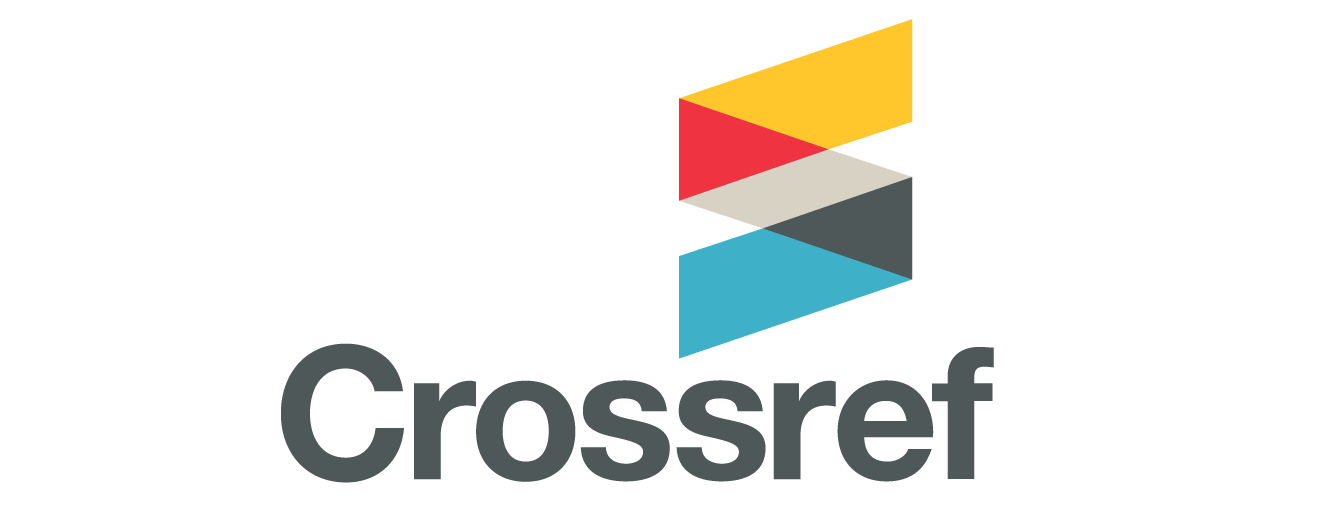The Institutional Framework for Appropriation of Intellectual Goods
DOI:
https://doi.org/10.15407/sofs2020.04.076Keywords:
appropriation of intellectual goods, intellectual property, copyright, originality, intangible asset, intellectual property market.Abstract
The urgency of the problem of forming institutions of appropriation of intellectual goods is due to the need to resolve the contradictions of individual and social norms and rules of interaction between creators and consumers of intellectual products. In this way it is possible to balance individualistic and social theories of property, which will implement the institutional principles of intellectual property management, which corresponds to the economic status of the country. It is known that in modern conditions, the institutionalization of relations in the field of appropriation of intellectual values faces several institutional contradictions: within the informal norms and rules; operational activities of formal institutions; between informal and formal institutions. Copyright, unlike patent law and trademark protection, does not require prior registration for protection, as the object of copyright is protected by virtue of its creation, if it meets the necessary conditions. Bearing this in mind, the analysis covers the situations where copyright laws refer to the originality of the objective expression of opinion in an objective form in print or in writing, as well as the author’s self-expression in the object created by him. The purpose of this study is to identify the mechanisms of influence of informal norms and rules of the intellectual property use on the formation of social and legal pattern of relations in the field of intellectual property appropriation in transitional economies, to which Ukraine belongs now. Formalization of intellectual property relations in Ukraine today has inherited a body of outdated rules instilled in the society during the Soviet period, which prevents from setting up the rules that would comply with current international obligations of Ukraine. Analysis of the institutionalization of the intellectual product appropriation system in different types of economies leads to the conclusion that in transition economies, as well as in emerging economies, the economic efficiency remains low not only due to uncertainty of the legal doctrine but also due to uncertainty in the behavior of legal agents. It is emphasized that such financial compensation to the creators needs to be established in a way to make a violation of the rules by intermediary officials extremely disadvantageous. It is demonstrated that the low level of compensation for the violation of intellectual property rights, lack of the official supervision and control over the circulation of intangible assets that are objects of intellectual property rights in the economic transactions actually stimulate offenses in this economic sphere. This situation can be most effectively dealt with by creating a special government body.
References
Radbruch, (2004). Philosophy of Law. Transl. from German. Moscow: International relations [in Russian].
Yakunina, E.D. (2006). Development of institutional conditions for the appropriation of intellectual property. Finance and Credit, 7(211), 61–67 [in Russian].
Shastytko, A.E. (2002). New institutional economic theory. 3rd ed., revised and ext. Moscow: Faculty of Economics, Moscow State University, TEIS [in Russian].
North, D. (1997). Institutions, Institutional Change and Economic Performance. Transl. from English by A.N. Nesterenko. Moscow: Foundation of the economic books “Beginnings” [in Russian].
University of London Press Ltd v. University Tutorial Press Ltd [1916] 2 Ch 601 (Cited by: Akhmedov, G.A., Boykanikas, E.A., Glazunova, K.D., et al. (2017). The main trends in the development of intellectual property law in the modern world, including new objects of intellectual property rights and global protection. Moscow. Retrieved from https://www.rvc.ru/upload/iblock/85d/Trends_in_Intellectual_Property.pdf. [in Russian] (last accessed: 15.08.2020)).
Akhmedov, G.A., Boykanikas, E.A., Glazunova, K.D., et al. (2017). The main trends in the development of intellectual property law in the modern world, including new objects of intellectual property rights and global protection. Moscow. Retrieved from https://www.rvc.ru/upload/iblock/85d/Trends_in_Intellectual_Property.pdf. [in Russian] (last accessed: 15.08.2020).
Buchanan, J. (1997). Political income, bureaucratic rent and the right to vote. Buchanan, J. Works. Trans. from English. Series: “Nobel Laureates in Economics”. Vol. 1. Economic Initiative Fund; R.M. Nuriev et al. (Eds.). Moscow: “Taurus Alpha”. Retrieved from http://gallery.economicus.ru/cgi-bin/frame_rightn.pl?type=in&links=./in/buchanan/works/buchanan_w3_9_4.txt&img=works_small.gif&name=buchanan&list_file = [in Russian] (last accessed: 15.08.2020).
Antimonov, B.S., Fleishitz, E.A. (1957). The copyright. M: Legal literature, 280 [in Russian].
Koretsky, V.I. (1959). Copyright relations in the USSR. Stalinabad, 372 [in Russian].
Heiets, V.M.,Mazaraki, A.A. (Eds.) (2008). Priorities of the national economic development in the context of globalization challenges. In 2 vols. Vol. 1. Kyiv: Кyiv National University of Trade and Economies, 389 [in Ukrainian].
Androshchuk, H.O., Demianenko, O.V., Zhyliaiev, I.B., Sakharova, L.V., and Polokhalo V.I. (2008). White Paper. Intellectual property in the innovative economy of Ukraine. Kyiv: Parliamentary Publishing House, 448 [in Ukrainian].
Downloads
Published
How to Cite
Issue
Section
License
Copyright (c) 2020 Science and Science of Science

This work is licensed under a Creative Commons Attribution-NonCommercial-NoDerivatives 4.0 International License.





